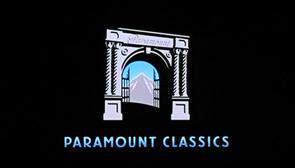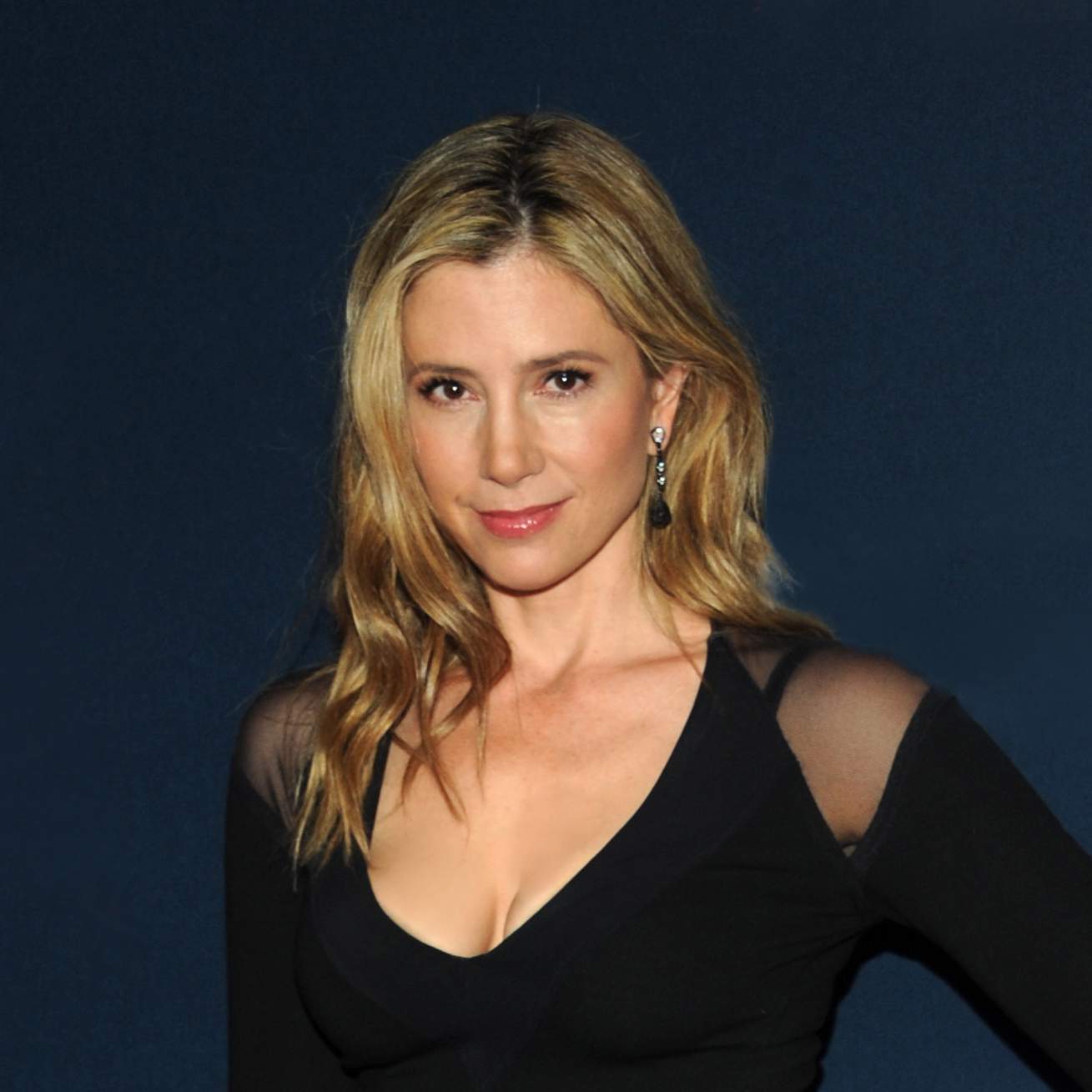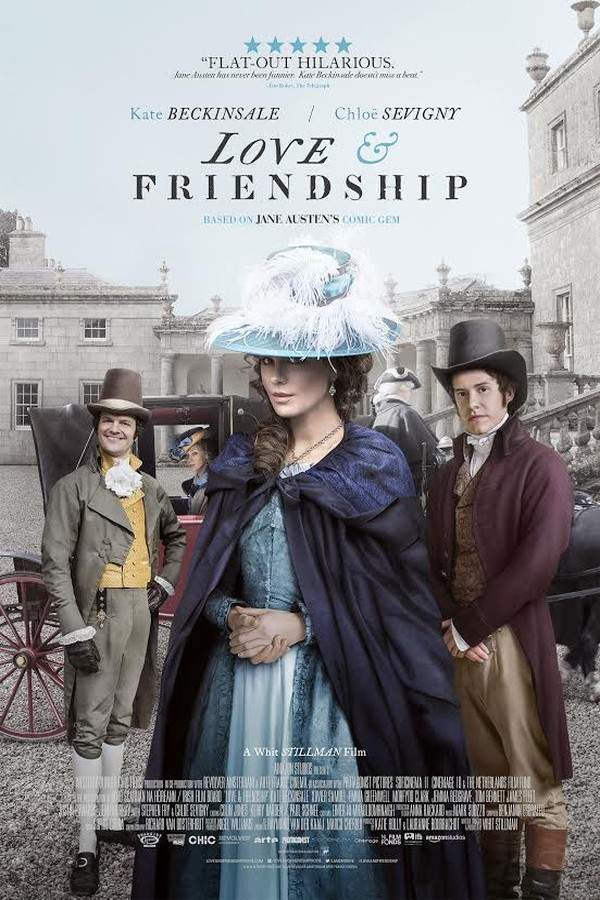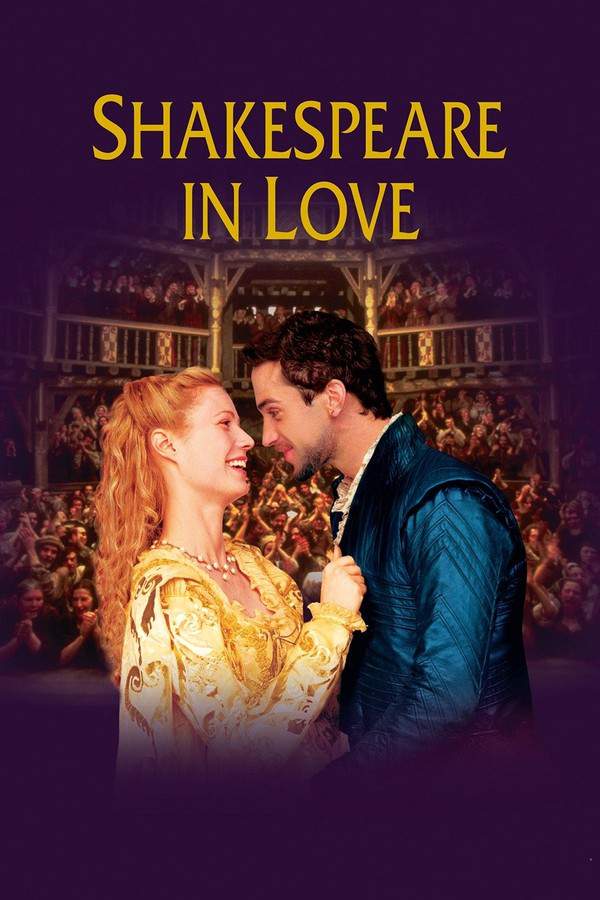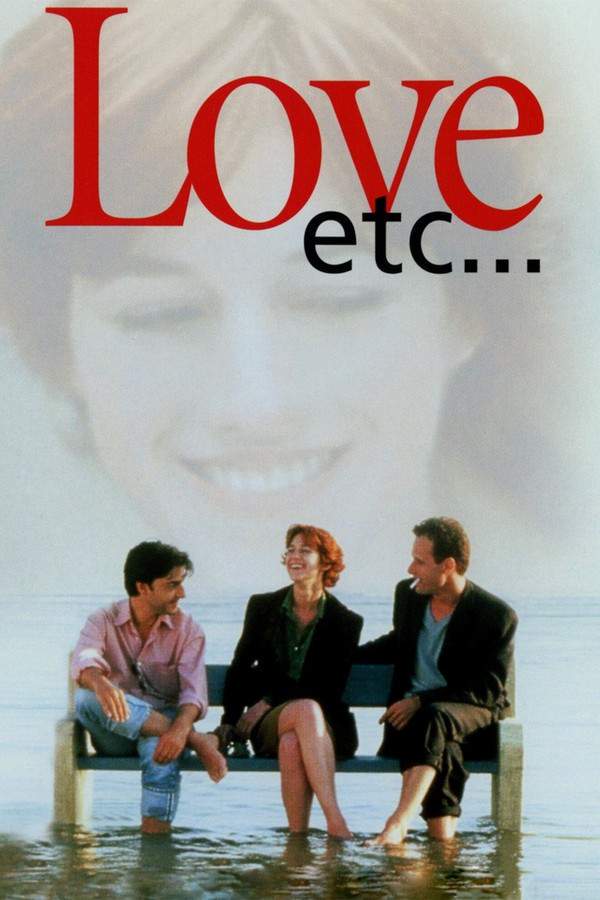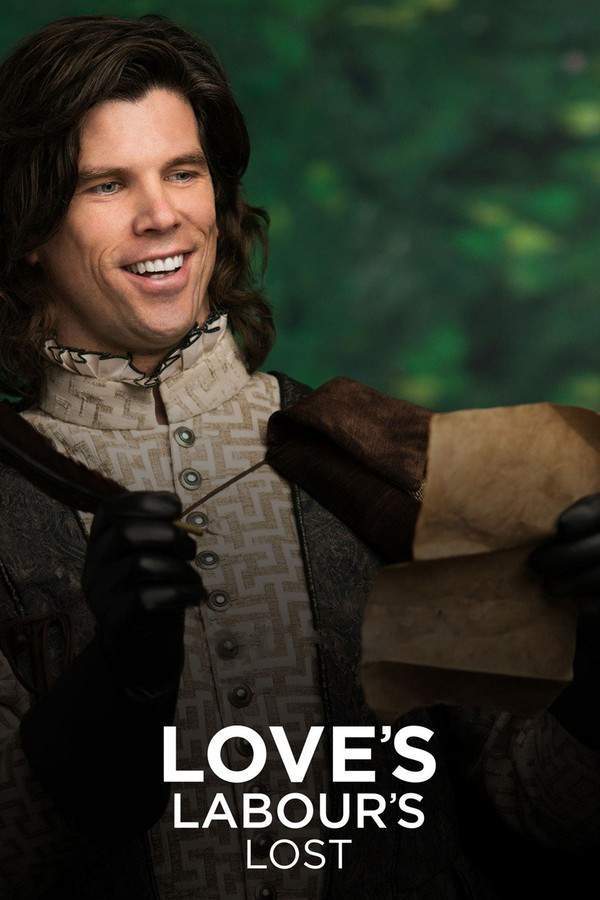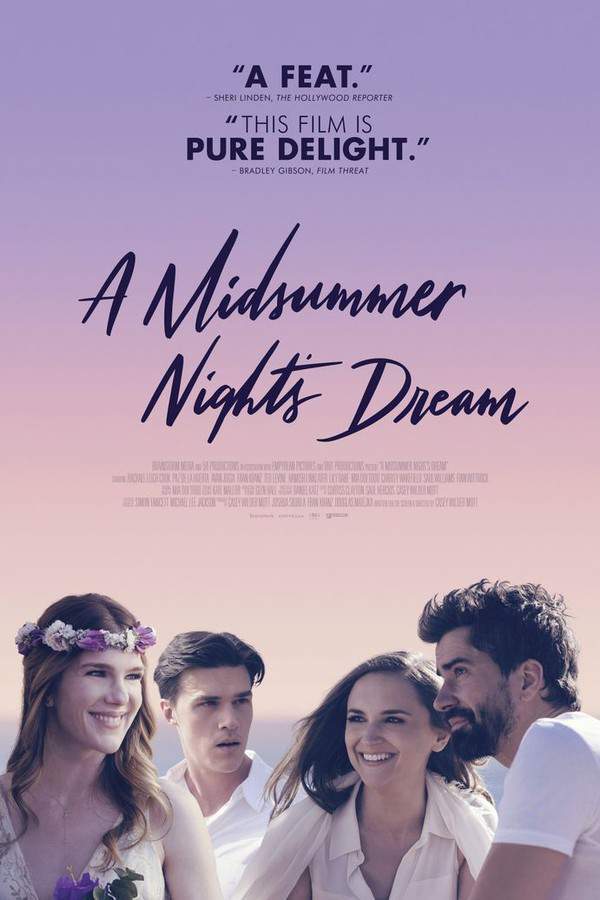The Triumph of Love 2002
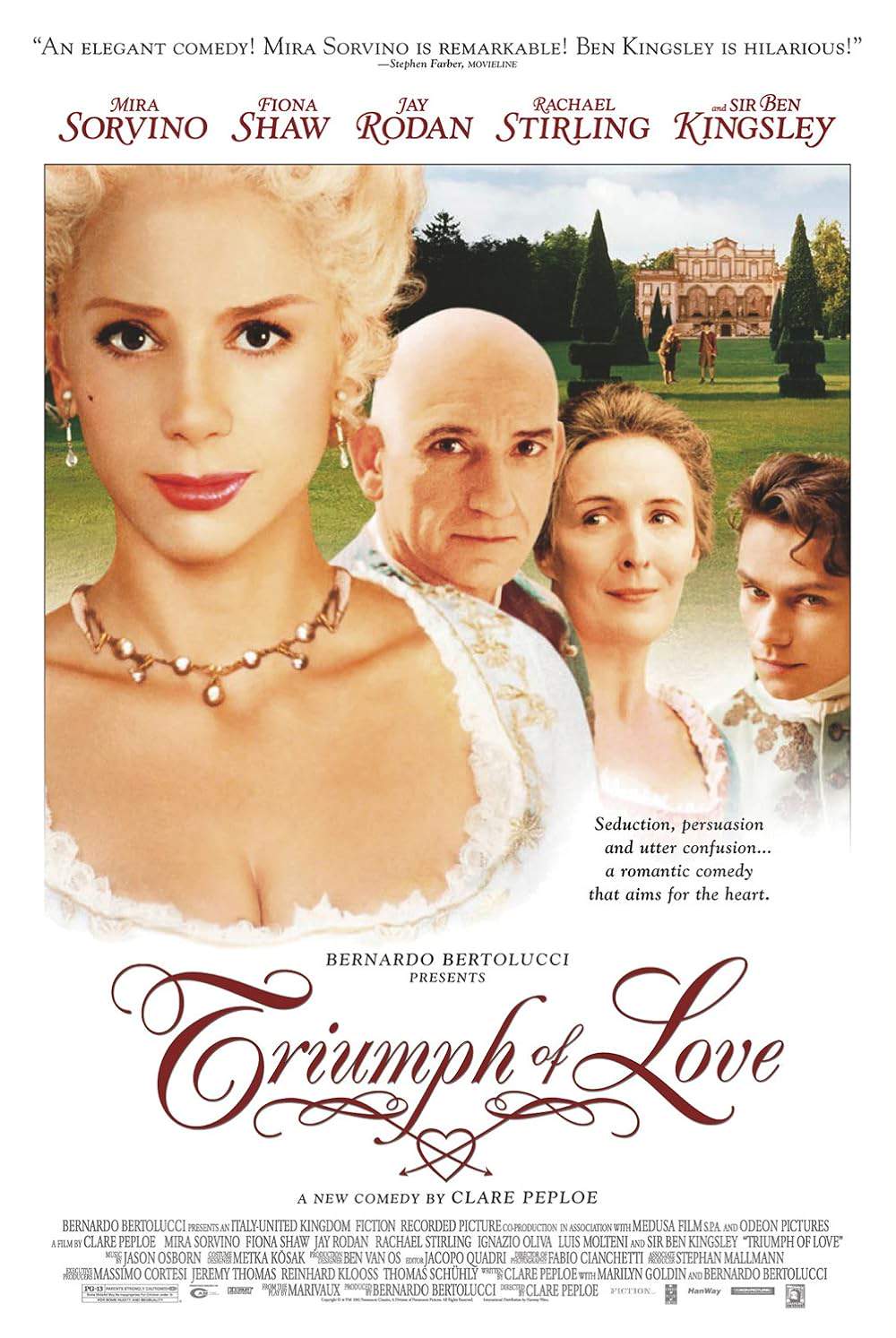
In this whimsical romp, an 18th-century poet and his loyal friend embark on a globe-trotting adventure to discover a love so divine, it defies rational explanation.
Does The Triumph of Love have end credit scenes?
No!
The Triumph of Love does not have end credit scenes. You can leave when the credits roll.
Meet the Full Cast and Actors of The Triumph of Love
Explore the complete cast of The Triumph of Love, including both lead and supporting actors. Learn who plays each character, discover their past roles and achievements, and find out what makes this ensemble cast stand out in the world of film and television.
External Links and Streaming Options
Discover where to watch The Triumph of Love online, including streaming platforms, rental options, and official sources. Compare reviews, ratings, and in-depth movie information across sites like IMDb, TMDb, Wikipedia or Rotten Tomatoes.
Ratings and Reviews for The Triumph of Love
See how The Triumph of Love is rated across major platforms like IMDb, Metacritic, and TMDb. Compare audience scores and critic reviews to understand where The Triumph of Love stands among top-rated movies in its genre.

58
Metascore
tbd
User Score

62
%
User Score
Take the Ultimate The Triumph of Love Movie Quiz
Challenge your knowledge of The Triumph of Love with this fun and interactive movie quiz. Test yourself on key plot points, iconic characters, hidden details, and memorable moments to see how well you really know the film.
The Triumph of Love Quiz: Test your knowledge about the romantic misadventures in 'The Triumph of Love'.
What does Aspasie have to pretend to be in order to get close to Agis?
a woman
a ghost
a man
a servant
Show hint
Full Plot Summary and Ending Explained for The Triumph of Love
Read the complete plot summary of The Triumph of Love, including all major events, twists, and the full ending explained in detail. Explore key characters, themes, hidden meanings, and everything you need to understand the story from beginning to end.
In the 18th century Europe, a princess named Aspasie finds herself in a precarious situation, largely due to her family’s criminal actions. As she travels in a horse-drawn carriage alongside her lady-in-waiting, Corine, Aspasie reveals a shocking truth: the rightful heir to the throne, Prince Agis, was whisked away after the untimely death of his parents and remains unaware of his royal lineage. In order to navigate the complexities of their world, both women decide to disguise themselves as men.
In a flashback, Aspasie is enchanted by a moment when she stumbles upon Agis, who is revealed to be naked in the woods. However, she is thwarted from getting closer by Hermocrates, the philosopher, who becomes a barrier between her and Agis. Back in the present, Aspasie confides in Corine that to approach the prince, she’ll have to pose as a man since he harbors a strong dislike for women.
Upon arriving at Hermocrates’ esteemed residence, Aspasie takes on the identity of Phocion and requests to meet the great philosopher. Harlequin, the servant, unfortunately informs her that such a meeting is out of the question. Aspasie, determined to maintain her ruse, introduces Corine as her male counterpart.
Phocion subsequently encounters Leontine, Hermocrates’ sister, who is persistent in her scientific pursuits. Aspasie, keen to remain at the estate, flirts with Leontine, coaxing her into believing she is still attractive, contrary to her own insecurities. In a bizarre twist, Leontine starts seeing an audience in the garden, adorned in outfits reminiscent of the 20th century, amplifying the strangeness of their escapade.
While the two women navigate their dual identities, they are invited to stay at Hermocrates’ estate, where Aspasie, as Phocion, finally meets the philosopher. Although Hermocrates suspects he recognizes Phocion, Aspasie cleverly keeps her royal secret hidden while insinuating attraction towards him, despite his belief in the moral failings associated with relationships with women.
In due course, Phocion encounters Agis, who is preoccupied with shooting arrows at a target that resembles the princess he detests. Aspasie expresses a desire to befriend him under her male guise, hoping to bond with him over the art of archery. Unbeknownst to her, Harlequin seems to harbor feelings for Corine, adding yet another layer of complication to their charade.
As events unfold, Agis ultimately discovers that Aspasie is indeed a woman and that her intentions extend beyond mere friendship. Meanwhile, Aspasie must skillfully maintain her charade before both Hermocrates and Leontine, leading to romantic misunderstandings that culminate in marriage proposals from both. The situation spirals into chaos when Leontine discovers the truth, leading her to faint from the shock.
A pivotal moment arises when a response to a message intended for the princess finds its way back to her. Soon, Aspasie reemerges in a lavish carriage, donning the attire of royalty, accompanied by a troop of mounted men. With courage, she confesses her deception and declares that she will relinquish her claim to the throne, affirming that Agis is the true king. This revelation stirs anger in Agis, who commands the princess to leave and never return.
Ultimately, amidst the turmoil, Leontine sees success in her experimental endeavors and finds joy in her achievements. Meanwhile, Agis reflects on his own mistake regarding Aspasie and rushes after her—not with malicious intent, but with hopes of reconciling and inviting her back into his life.
As the narrative draws to a conclusion, the audience witnesses a remarkable transformation, applauding as the cast transitions into 20th-century attire, embodying the whims of time and the complexities of love and identity.
Uncover the Details: Timeline, Characters, Themes, and Beyond!

Coming soon on iOS and Android
The Plot Explained Mobile App
From blockbusters to hidden gems — dive into movie stories anytime, anywhere. Save your favorites, discover plots faster, and never miss a twist again.
Sign up to be the first to know when we launch. Your email stays private — always.
Watch Trailers, Clips & Behind-the-Scenes for The Triumph of Love
Watch official trailers, exclusive clips, cast interviews, and behind-the-scenes footage from The Triumph of Love. Dive deeper into the making of the film, its standout moments, and key production insights.
The Triumph of Love Themes and Keywords
Discover the central themes, ideas, and keywords that define the movie’s story, tone, and message. Analyze the film’s deeper meanings, genre influences, and recurring concepts.
The Triumph of Love Other Names and Titles
Explore the various alternative titles, translations, and other names used for The Triumph of Love across different regions and languages. Understand how the film is marketed and recognized worldwide.
Articles, Reviews & Explainers About The Triumph of Love
Stay updated on The Triumph of Love with in-depth articles, critical reviews, and ending explainers. Explore hidden meanings, major themes, and expert insights into the film’s story and impact.
Similar Movies To The Triumph of Love You Should Know About
Browse a curated list of movies similar in genre, tone, characters, or story structure. Discover new titles like the one you're watching, perfect for fans of related plots, vibes, or cinematic styles.
Quick Links: Summary, Cast, Ratings, More

What's After the Movie?
Not sure whether to stay after the credits? Find out!
Explore Our Movie Platform
New Movie Releases (2026)
Famous Movie Actors
Top Film Production Studios
Movie Plot Summaries & Endings
Major Movie Awards & Winners
Best Concert Films & Music Documentaries
Movie Collections and Curated Lists
© 2026 What's After the Movie. All rights reserved.


